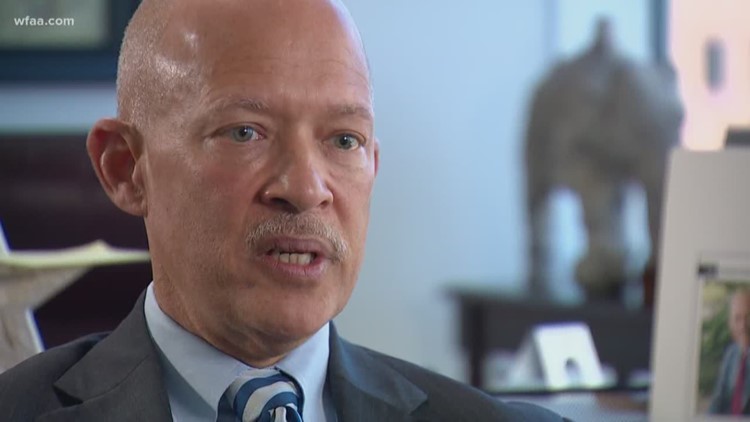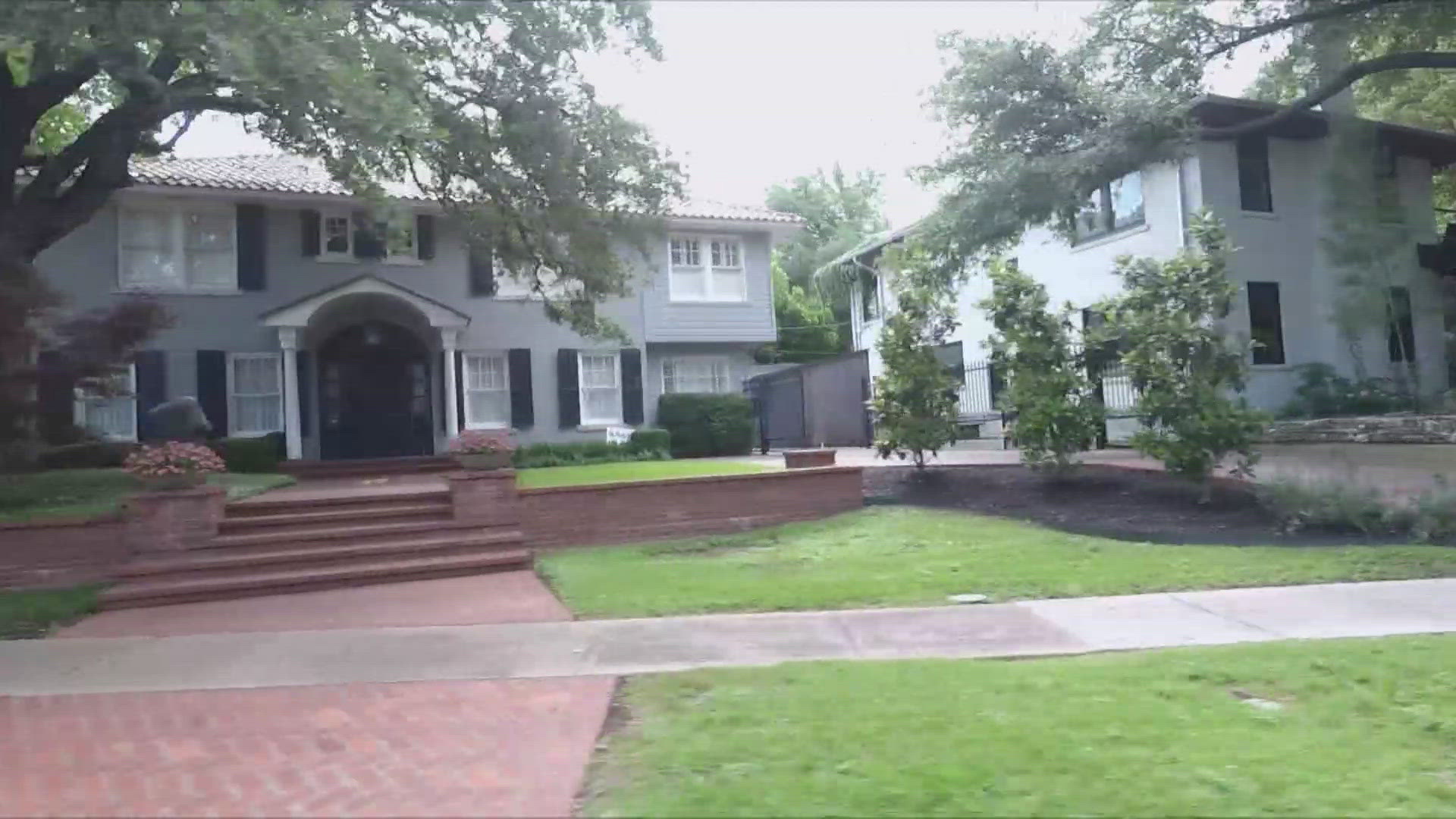DALLAS — Following the Supreme Court's decision to overturn Roe v. Wade, the Dallas County district attorney has released a statement saying he won't prosecute women who are seeking abortions.
The Supreme Court overturned the landmark ruling on Friday, paving the way for states to make their own decisions on how to handle abortions.
The impact in Texas could already be seen after it was one of 13 states that already passed a "trigger law," which would enforce all abortion-related legislation that has been passed since Roe v. Wade's decision in 1973. The "trigger law" is expected to go into effect 30 days after the Supreme Court issues a judgment on the case. The Court issued its opinion on Roe v. Wade on Friday.
Immediately after that landmark overturning on Friday, however, Texas Attorney General Ken Paxton said prosecutors could immediately pursue criminal prosecutions based on violations of Texas abortion prohibitions predating Roe v. Wade, which the Legislature never repealed.
On Friday afternoon, Dallas County District Attorney John Creuzot released a statement in response to the SCOTUS decision about how his office will handle abortion cases.
"I want women across Texas, and especially here in Dallas County, to rest assured that my office will not stand in the way of them seeking the health care they need," Creuzot said.
"Bans on abortion disproportionately impact the poor, women of color and other vulnerable populations and endanger public safety," he added.
Texas currently bans abortions after six weeks with no exceptions for rape or incest. This was part of Senate Bill 8, which was passed in 2021. The law also allows a person to sue anyone who aids or abets an abortion for up to $10,000.
Under the current law, a prosecutor could file charges against an abortion provider, but it's considered a misdemeanor.
When the "trigger law" goes into effect, providers can be criminally prosecuted with a first-degree felony, with at least a $100,000 fine and risk of losing licenses.



